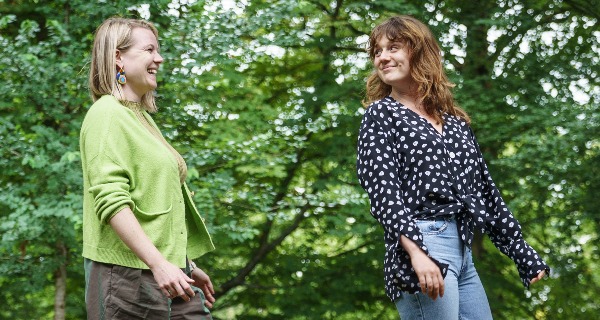Letteren Lounge
Verken met ons de kracht van verschillende perspectieven
Ben je geïnteresseerd in kunst, cultuur, politiek, geschiedenis of media? Ontdek de Letteren Lounge met lezingen, podcasts, filmavonden, cursussen en verhalen voor iedereen uit de stad en omgeving.
Agenda
-
Studium Generale | Borderlands: Three short films + after talk19:00 - 20:30 Marie Loke Room, Harmonie Building, Oude Kijk in 't Jatstraat 26, Groningen
-
Boeklancering: Het veiligheidsverhaal van Europa20:00 - 21:00 Forum, Nieuwe Markt 1, Groningen
-
Music in motionVERA Groningen
-
Studium Generale | Clever Girl - Jurassic Park20:00 - 21:30 Aula, Academy Building, Broerstraat 5, Groningen
The Language of Hip Hop met dr. Steven Gilbers







